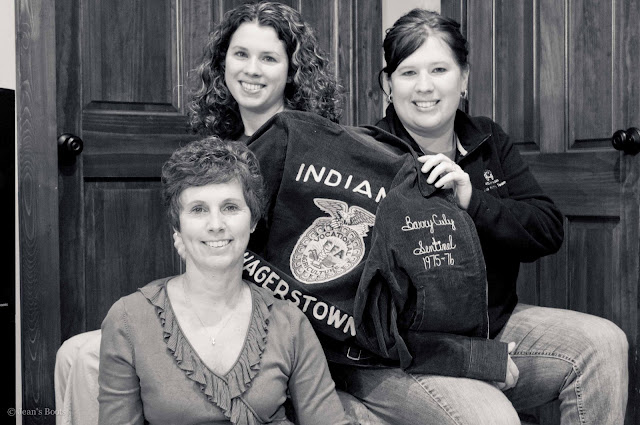Really???
Have those people, with more degrees than fahrenheit, ever tried to find a matching lid for a piece of tupperware at my house?
Growing up, matching tupperware was something only rich people had.
They had a lid.
They had a bottom.
They were the same color.
They were the same shape.
They weren't even stained with spaghetti sauce.
Because of my occupation, these are the
first two thoughts that come to my head
after seeing this on Pinterest:
1. This is not a sustainable practice.
2. I smell Photoshop.
Growing up at BSG, we had a lid.
But sometimes it was saran wrap.
Sometimes it was foil.
Sometimes it was saran wrap, covered in foil, with a rubber band around it.
Sometimes it had "Cool-whip" written across the top.
Sometimes it was cracked because someone tried to force a square lid on to a round bottom.
If I had back all the time I've spent looking for a matching lid or a container of the appropriate size (without a crack in it), my book would be written and I would have gotten the trash out on time Monday morning.
I really believe the patience issues I’ve had to work through in my adult life stemmed out of growing up in a home where we had to open eleven plastic Cool Whip containers in the refrigerator to find the one that actually had Cool Whip in it.
First tub: potato salad.
Second tub: Lasagna.
Third tub: pot roast.
Fourth tub: beef and noodles.
By the time I found the actual Cool Whip, my pumpkin pie was growing mold.
I tried to find tupperware at my parent's house on Thanksgiving to take home leftovers. By the time Mom finally found a matching lid, Dad was laying out the Shorthorn roast to thaw for for Christmas dinner. It's genetic.
And how could I forget that experience with the tupperware container that held something for an extended period of time?
"How was the leftover soup I sent home with you? Did you remember to take it to work?" I once asked a dinner guest the next afternoon.
"Oh it was fine. Tasted a lot like blue cheese?? Which I'm allergic to.....kind of odd. But yeah, I remembered it," said my dinner guest; he was never invited back.
Sorry that I'm not sorry. Had you choked down seconds, we wouldn't have had the left over problem.
I have two theories about knowing someone before you commit to any kind of long term relationship:
1. Women: Before committing to a man, you should consider how he reacts when backing up a livestock trailer, family camper or hay wagon with shoddy help directing him.
2. Men: Before committing to a woman, you should consider how she reacts when trying to find a matching tupperware lid after Christmas dinner when she's full, tired and on her second glass of wine.
I'm no relationship expert, but you can thank me later.






































